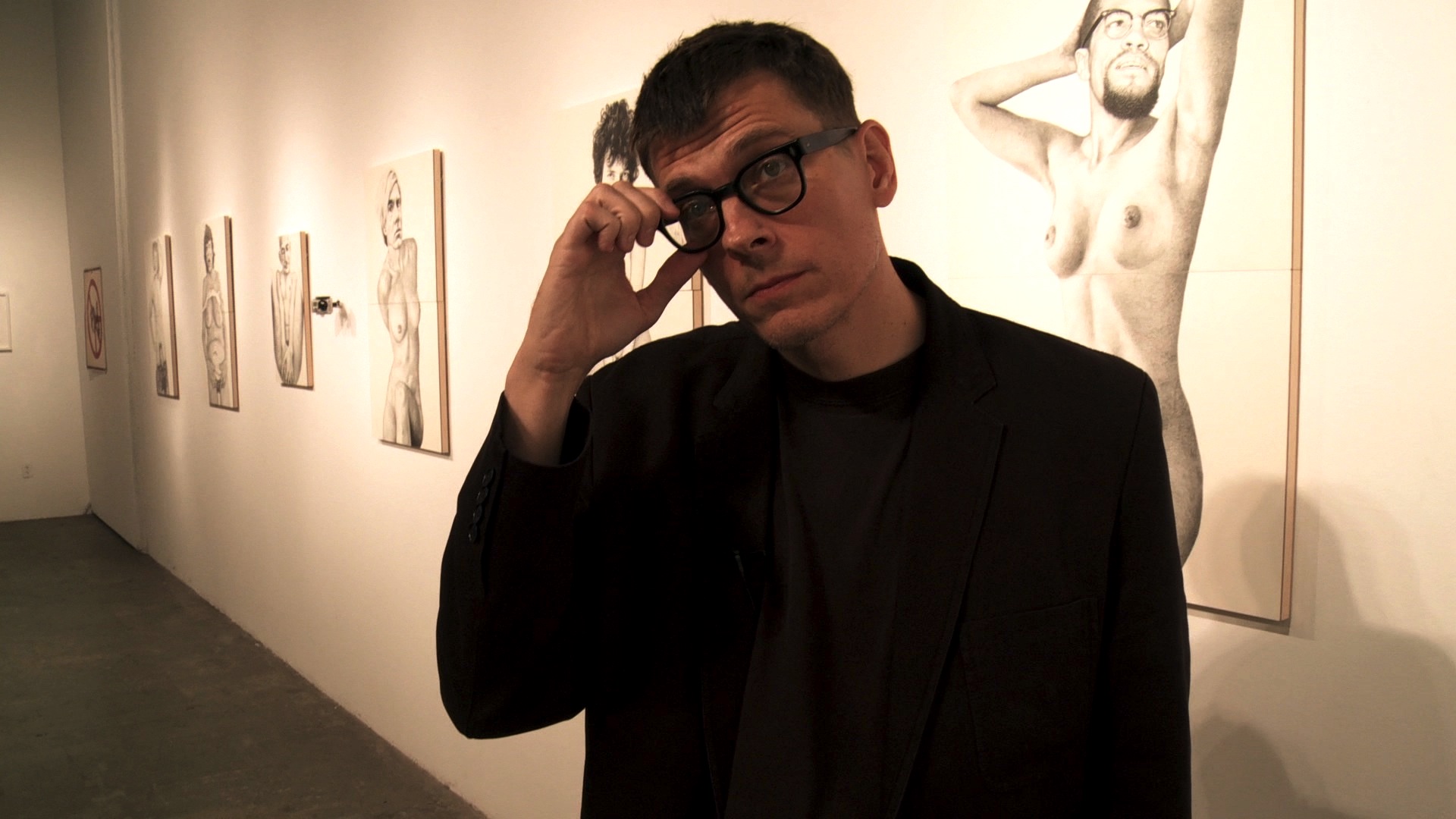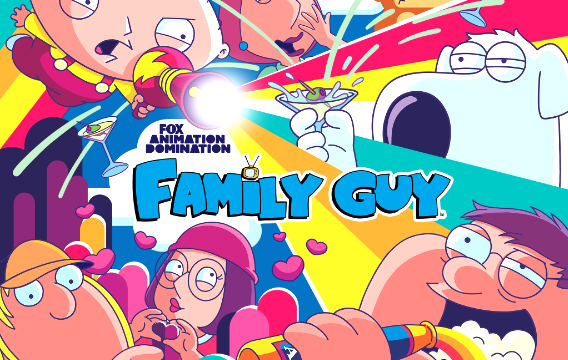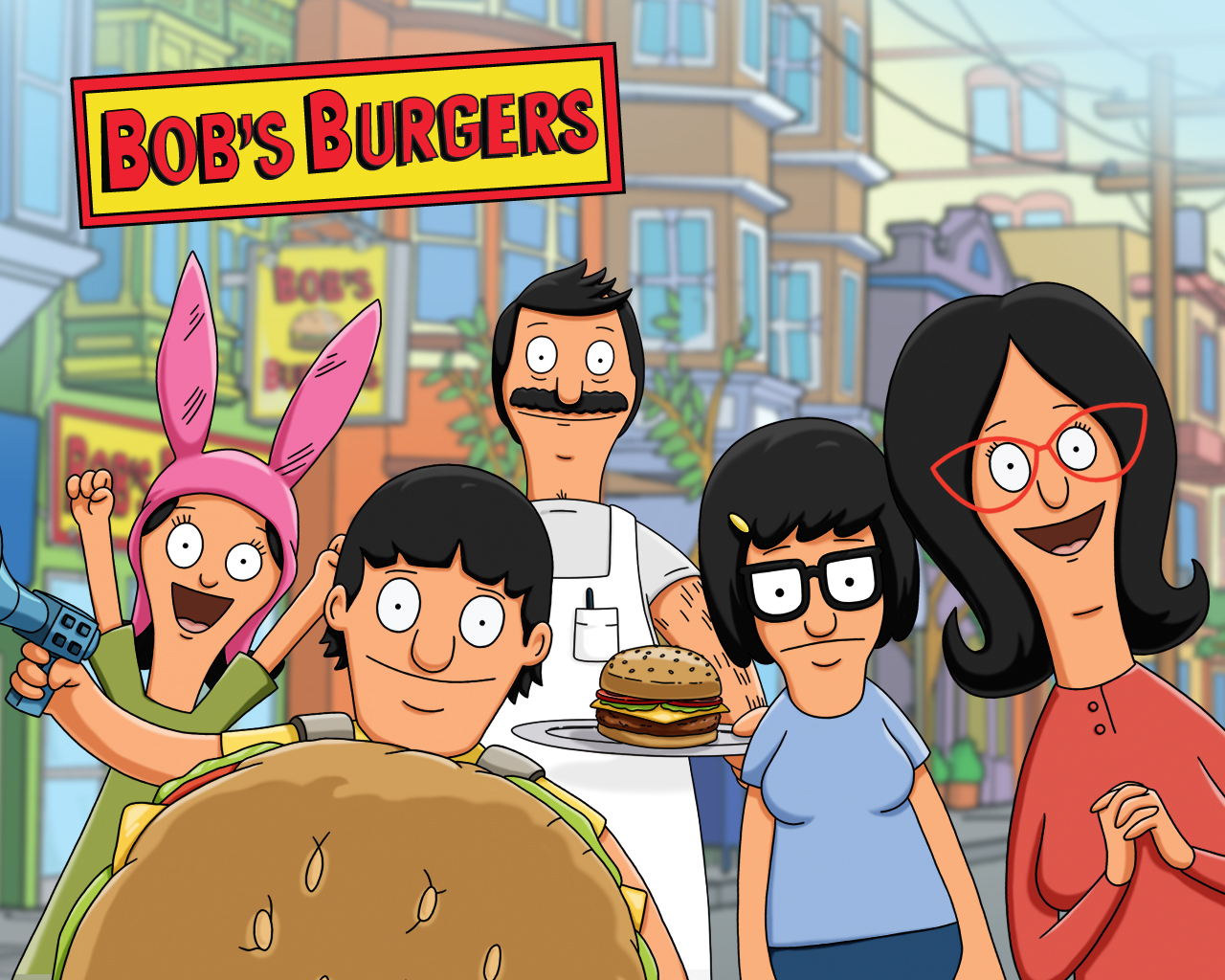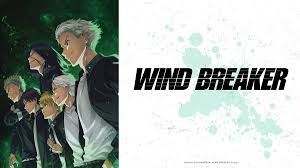Review: Mr. Fish: Cartooning From the Deep End
Are we in too deep?
Overview:
On Pablo Bryant’s directorial debut, this documentary showcases one of the most compelling editorial cartoonists in contemporary culture, and the troubles censorship and a dying industry present.
Our Take:
For a documentary film featuring a political cartoonist known for his offensive imagery, feels cordial at its core. Maybe it’s because Mr. Fish, real-name Dwayne Booth, reflects the everyman who would love to rebel against their respective oppressors, be it society, a place of employment, or even family pressures, but wouldn’t dare to in today’s climate. Maybe it’s because Booth, in many ways, has succeeded in being an artist without the comfort of steady income, and without compromising his integrity in order to gain a wider audience or cave-in to mass appeal. Or maybe, it’s simply because Mr. Fish is indeed a kind man, who doesn’t invoke anarchy, but can simply fan the feelings of it.
Pablo Bryant’s directorial debut documents Mr. Fish and his cartooning history, but widens the scope just enough to depict modern America’s issue with political disagreement –– at least, discussing and challenging ideas in a civil sense. Ironically, the documentary feels like a breeze to watch, despite Fish’s obscene and lewd illustration work. That might be partially due to its careful dealings of separating the artist from his artwork, showing a human side of Fish not felt so deeply within his work, via his family and personal life. It also could be the beautiful, although brief, animation work tying minor sequences together.
The film opens with Mr. Fish’s background and upbringing, describing Dwayne Booth as a child who wanted to challenge the world through pure shock value. As we learn Booth realizes he’s got a knack for challenging widely accepted ideas through controversy and were properly introduced to the esteemed cartoonist with a crash-course of his art, which has been published in periodicals such as The Los Angeles Times, Mother Jones, Vanity Fair, TruthDig, Harper’s Nation and Utne Reader. We also learn he’s been struggling alongside the dying print industry, which is addressed through a roundtable discussion with cartoonists Nicholas Freeman, Ted Rall, Mort Gerberg, and editor Victor Navasky, at The Nation Magazine headquarters in Manhattan, New York.
A potent point Mr. Fish: Cartooning From the Deep End wants to convey is our immediate reaction to shock value, and the impulse to dismiss it. Midway through the film, we see Mr. Fish teaching a class at the Annenberg School for Communication, telling students that by completely shutting out controversial imagery, not looking equates to not seeing, which then equates to not comprehending, and forcefully rejecting the of the notion of self-experience. Mr. Fish sees value in shocking images, because by looking away, we can’t comprehend its fullest meaning, and we discount the fact that although an image may be shocking, it can also be brutally true.
In a specific instance, Booth recalls submitting a cartoon to TruthDig, which was a reimagining of Norman Rockwell’s 1964 painting The Problem We All Live With, which depicts Ruby Bridges on her way to an all-white public school being surrounded by four deputy U.S. marshals, and walking in front of a brick wall with the word “n*gger” painted on it. Booth took Rockwell’s idea, repurposed it within the context of anti-immigrant sentiments shared by scared conservatives, replaced “n*gger” with “sandn*ggas,” and sent it into TruthDig, which was then shot down. Director smartly Bryant cuts to TruthDig editor Robert Scheer to question him about the decision, but Scheer simply doesn’t recall why the piece was rejected in the first place.
Booth may be an extreme skeptic and anti-establishment, but we see his freelancing and lax woes by way of his family, and his wife Diana Day. Through the documentary, we see Diana’s anxieties on catching up with financial debt, and how Mr. Fish cooly dismisses those worries, knowing that they don’t need to be addressed. Diana has the comfort of knowing her stable paycheck will always show up, and she can cover their health insurance issues when needed. Fish, on the other hand, tries reassuring her that although cartooning isn’t a steady and reliable gig, he makes his money someway or somehow. This is an interesting reflection of society’s –– and the audience’s –– need for financial stability, and how Booth is taking a gamble through selling his art, without discounting his own values. We’ve shown both sides of the coin: a freelancer’s struggle pursuing a passion that often relies on luck, and a full-time white-collar worker who finds solace in habitual paychecks.
And it’s in this way that Mr. Fish: Cartooning From the Deep End begs the question: Can one truly be happy and comfortable pursuing a career within the arts in this nation, or, after years of struggling, will an artist eventually become compliant and find a steady income through a compromise in integrity? It’s here that Mr. Fish: Cartooning From the Deep End feels at its most thoughtful but also platforms Mr. Fish in an everyman aspect for the audience to fully grasp. Given the documentary’s brief runtime, it doesn’t answer any questions but rather chooses to graze these topics through the mind of its titular character. Cartooning might not be a dying art, but our appreciation for the medium has been on a decline. Pablo Bryant’s playful documentary to smartly and slyly showcases that.

























"There are also other characters that come and go (also owned by the Warner Bros. Discovery conglomerate media company)."
Huh. Is that just referring to other characters from the show itself, or is this implying that the new season is going to have cameos from other WBD IPs